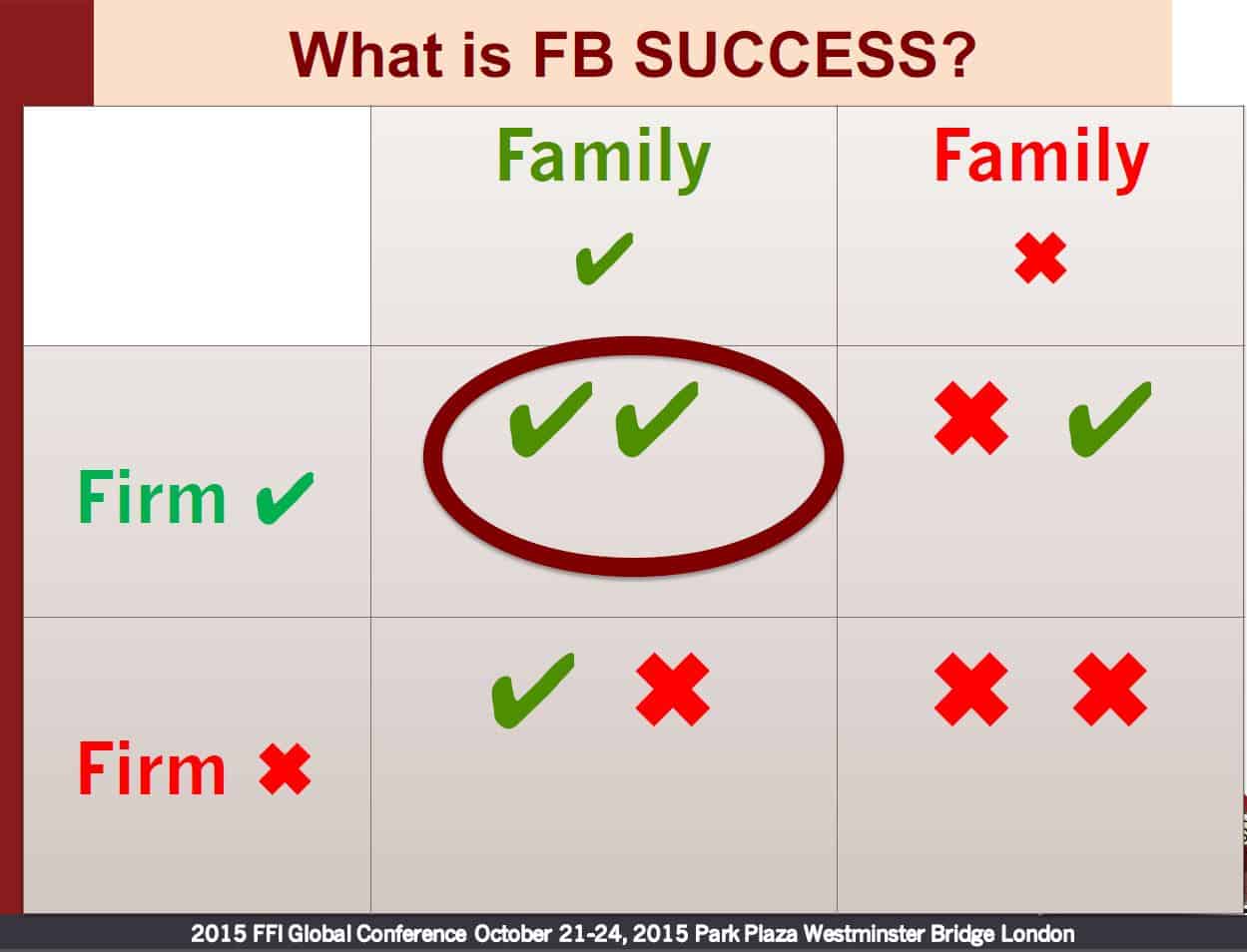Évolution ou Révolution? À vous de choisir…
Étant né dans une famille entrepreneuriale, j’ai toujours eu un intérêt à suivre leurs différentes façons de faire. On peut y voir de très beaux exemples de pratiques qu’on voudrait utiliser comme modèle, et d’autres qu’on voudrait éviter à tout prix.
J’aimerais partager une façon de penser à ce sujet qui m’est venue à l’esprit dernièrement.
Dans n’importe quelle famille, au cours des années et des décennies, il existe une certaine évolution naturelle. On est né, nos parents prennent soin de nous, et éventuellement, nous avons nos propres enfants, et nous prenons soin d’eux.
En même temps, nos parents vieillissent, et ils bénéficient du fait qu’ils ont eu des enfants, qui deviennent une ressource pour eux, quand ils ont besoin d’aide. Les enfants finissent par prendre soin des parents.
J’espère que mes enfants seront là, disponibles et motivés pour me venir en aide quand j’en aurai le besoin.
On pourrait décrire cette situation comme une évolution. Les membres de la famille passent chacun par toutes les phases de la vie, de façon assez prévisible, dans la majorité des cas.
Mais là, arrêtons de parler de familles en général, et concentrons-nous sur les familles entrepreneuriales. Il y a beaucoup de différences entre ces familles et des familles dites “normales”, mais nous allons viser une caractéristique en particulier.
Je ne présume pas que toutes les familles qui sont menées par un entrepreneur qui a eu beaucoup de succès sont pareilles, puisqu’il existe beaucoup d’exceptions à la règle.
Mais trop souvent, les entrepreneurs qui ont bâti leur entreprise, et ainsi leur fortune, ont beaucoup de difficultés à laisser leur place à ceux qui suivent.
Ce n’est quand même pas trop surprenant. Ils ont réussi leur vie en se battant à tous les jours, très souvent face à du monde qui les doutait, et qui leur disait qu’ils ne réussiront pas. Malgré ces obstacles, ils ont quand même survécu, et même triomphé!
Éventuellement ils atteignent l’âge de 65, 70, 75, 80, et tout le monde se met à les questionner sur leur avenir, sans vraiment cacher leurs opinions, qui penchent sur l’idée de ralentir, passer le flambeau, jouer au golf, et voyager.
Ces gens ont passé leur vie à contredire ceux qui les questionnaient, pourquoi changeraient-ils maintenant?
Le plus gros problème revient au sujet que nous discutions tantôt, l’évolution. Nous avons constaté que l’évolution était plutôt naturelle.
Mais quand on essaye trop fort de combattre l’évolution naturelle, il y a quelque chose d’autre qui arrive. J’appelle ça la Révolution.
Pendant que l’entrepreneur atteint 65, 70, 75, etc., qu’est-ce qui se passe avec ses enfants? Ils arrivent à 35, 40, 45, 50, etc., mais la place qu’ils s’attendaient à prendre n’est toujours pas libérée. Au début, ils patientent, pensant que le “jour J” arrivera sans doute bientôt.
Malheureusement pour eux, ils risquent d’attendre beaucoup plus longtemps qu’ils le souhaitaient, ce qui sème les graines de la révolution.
Il n’y a pas de solution miracle à ce phénomène, mais j’aimerais vous donner un peu d’espoir.
D’abord sachez que dans la grande majorité des familles, les parents décèdent avant leurs enfants, donc la nature est toujours de votre bord, si vous êtes parmi ceux et celles qui commencent à manquer de patience.
Mais sans farce, j’ai quelques conseils qui vous seront peut-être utiles.
D’habitude, la confrontation ne fonctionne pas très bien, mais le silence non plus. Des conversations, ouvertes, honnêtes, et qui mettent les cartes sur la table, sont de rigueur. Mais quand on pousse trop fort, trop vite, on risque de provoquer de la résistance.
Le respect et la patience sont aussi importants. Certains disent que ceux qui ne veulent pas partir ont peur de perdre leur identité et leur raison d’être. Aidez-leur à surmonter ces défis, réconfortez-les de toutes les manières possibles, mais soyez prêt à recevoir des objections tout au long du trajet.
Ces options sont préférables à la révolution, mais parfois la menace d’une révolution est quand même nécessaire. Mais avant d’y arriver, pensez peut-être à rentrer une personne externe, pour faciliter les discussions. Vous en connaissez sûrement au moins une.


